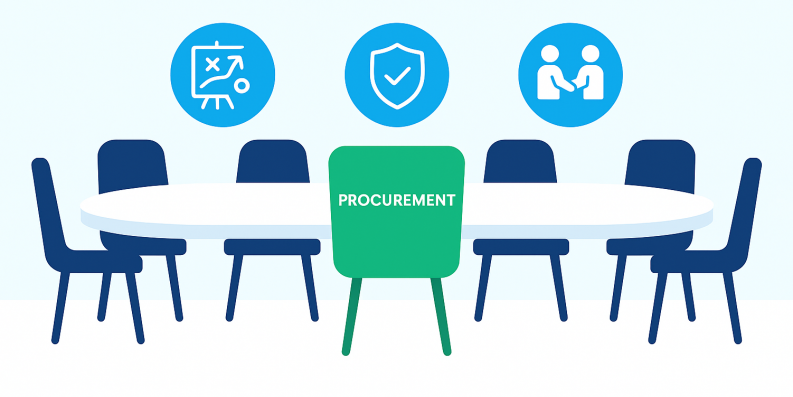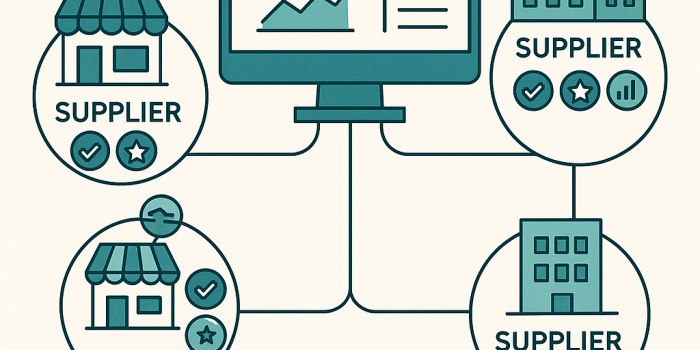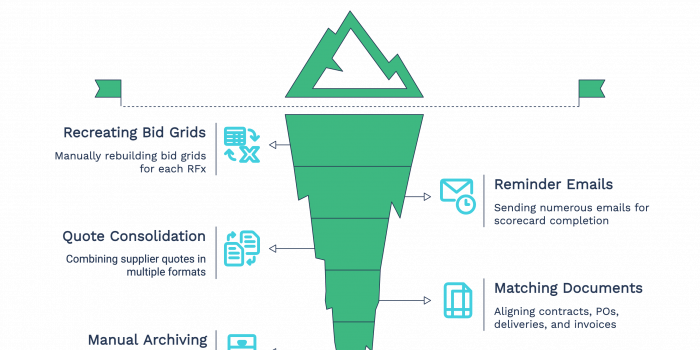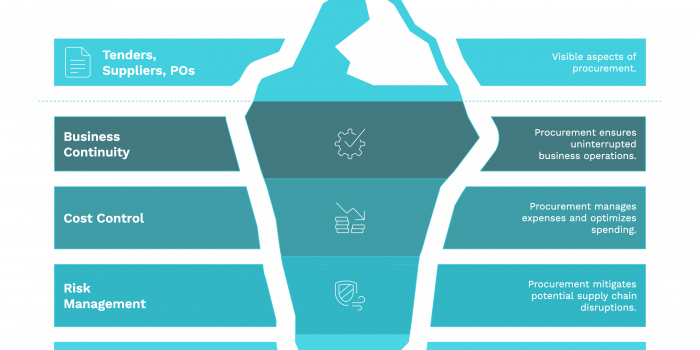Why Procurement Deserves a Seat at the Executive Table
Beyond Cost-Saving: Procurement as a Strategic Growth Driver For years, procurement has been framed as a support function. A back-office role. A cost-centre. But that lens is outdated. In today’s business environment – where supply chain risk, sustainability, speed, and data governance are top priorities – procurement is no longer

Beyond Cost-Saving: Procurement as a Strategic Growth Driver
For years, procurement has been framed as a support function. A back-office role. A cost-centre.
But that lens is outdated.
In today’s business environment – where supply chain risk, sustainability, speed, and data governance are top priorities – procurement is no longer optional. It’s foundational.
Here’s why procurement deserves a seat at the executive table – and what it brings when it gets there.
The Old View: Procurement as a Cost-Control Function
Historically, procurement has been judged on one metric: savings.
While cost-efficiency is important, reducing procurement to “buying cheaper” undermines the value it delivers. This narrow lens leaves out the full picture – like continuity, compliance, innovation, or ESG targets.
As a result:
- Procurement is looped in too late
- Strategic suppliers are chosen without input
- Teams operate in silos
- Risk is managed reactively
That’s not just inefficient — it’s risky.
The New View: Procurement as a Strategic Engine
Modern procurement drives impact across five key areas:
1. 🛡️ Business Continuity
Procurement mitigates disruption. From political unrest to supply shortages and contract expiries, procurement ensures the organisation can still operate when things go wrong.
2. 🤝 Supplier Relationship Management
It’s not just about getting the best price – it’s about building reliable, long-term partnerships that drive quality, innovation, and responsiveness.
3. ♻️ ESG & Compliance
Procurement enforces environmental, social, and governance standards by holding suppliers accountable. It ensures sourcing aligns with corporate values.
4. 🧩 Operational Efficiency
By digitising approvals, automating evaluations, and centralising supplier data, procurement reduces cycle times and enables cross-team alignment.
5. 📊 Data-Backed Decision-Making
Procurement provides visibility into spend, risk, and performance — giving leadership actionable insights to guide strategy.
📊 What the Executive Table Really Needs
If procurement is to take its rightful seat, it must speak the language of the C-suite. That means shifting from activity-based reporting to value-based reporting.
Instead of:
- “We ran 12 RFQs this month.”
Try: - “We delivered 14% cost avoidance, reduced supplier risk across 3 strategic categories, and ensured continuity on 2 critical projects.”
Use dashboards that reflect:
- Spend vs. budget
- Time-to-award
- Supplier performance scores
- Contract expiry and milestone tracking
- ESG compliance by category
Moving Procurement from Support to Strategy
Here’s how forward-thinking teams make the shift:
- Centralise procurement operations on a single platform
- Build structured workflows for sourcing, evaluation, and approvals
- Standardise supplier onboarding and data collection
- Adopt real-time reporting for executive visibility
- Reframe procurement metrics around business outcomes
This creates a procurement team that’s not just efficient — but indispensable.
The Strategic Questions Procurement Answers
At the executive level, procurement is positioned to answer:
- “Are we sourcing sustainably?”
- “Are our key suppliers at risk?”
- “What’s our exposure to volatile markets?”
- “Where are we overspending — and why?”
- “Can we grow without increasing procurement headcount?”
If your procurement team can answer these, you’re already strategic.
Let’s be a Growth Enabler
Procurement is no longer a checkbox. It’s a competitive advantage. A risk mitigator. A growth enabler.
But to realise that value, procurement needs visibility, influence, and investment.
So give it a seat at the table – and then expect it to lead.








